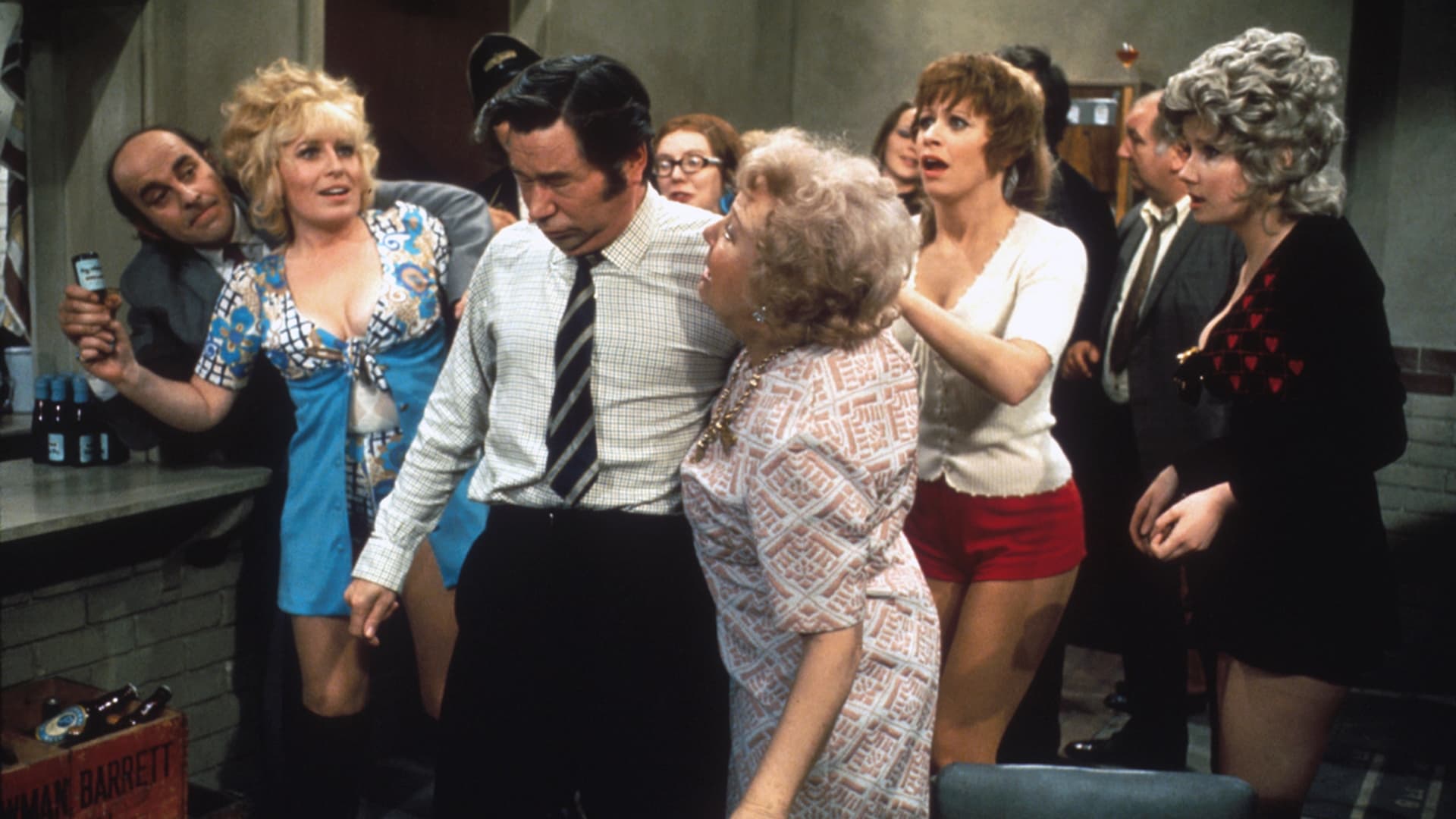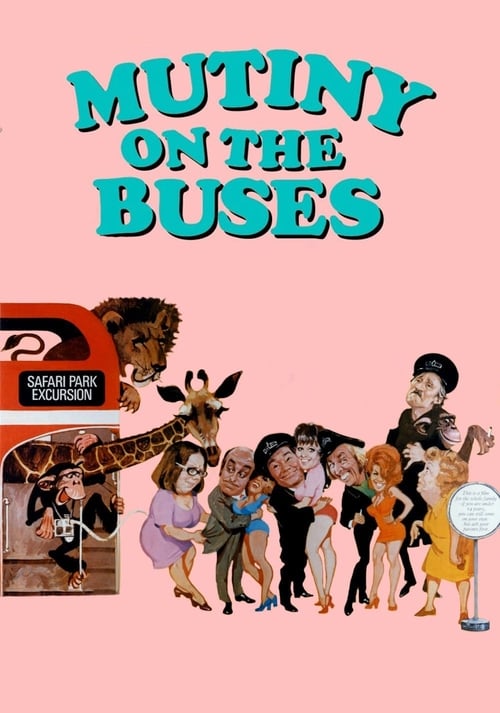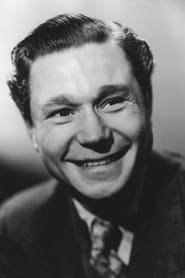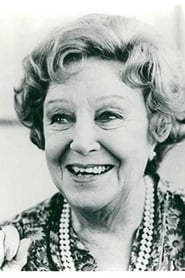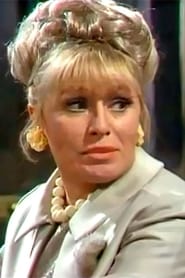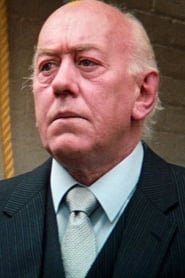Cast
View AllReg Varney
as Stan Butler
Doris Hare
as Stan's Mum
Michael Robbins
as Arthur his brother in law
Anna Karen
as Olive his sister
Bob Grant
as Jack his Conductor
Stephen Lewis
as The Inspector
Janet Mahoney
as Susy
Pat Ashton
as Norah
Kevin Brennan
as Mr. Jenkins
Bob Todd
as New Inspector
David Lodge
as Safari Guard
Tex Fuller
as Harry
Caroline Dowdeswell
as Sandra
Jan Rennison
as Gloria
Damaris Hayman
as Mrs. Jenkins
Crew
Director
- Harry Booth
Writer
- Ronald Wolfe
- Ronald Chesney
Producer
- Ronald Wolfe
- Ronald Chesney
Reviews
John Chard
You lecherous moron!
The second of three film spin-offs from the very popular British situation comedy, On the Buses, is actually the best of the three. Of course this will mean nothing to any Brit who wasn't a fan of the format, or anyone perturbed by the absence of political correctness in movies from a different era.
Falling in line with the wave of sex comedy based movies that surfaced in 1970s Britain, Mutiny on the Buses pitches our sex hungry bus depot workers against a new management regime determined to actually operate a bus company! Hence the mutiny when all and sundry do all they can to usurp the plans of Inspector Blakey (Stephen Lewis) and Mr. Jenkins (Kevin Brennan). What follows, in between the kissing and fondling - and the not so sly innuendo - are the usual pratfall scenarios played for energetic laughs, with the stand out being a fire drill training stint that descends into frothy chaos.
Somewhat forgotten is that the snapshot of the era carries considerable value for those that lived it. The cramped housing arrangements, the sexual attitudes and the unemployment issues brought about by redundancy, these are here making a mark regardless of being played for laughs. The change over of ramshackle buses to the new type as a new era is ushered in - with the engine at the rear no less! And delightful old wives tales to help you to stop snoring.
Yes, there's the harmless smut (this is hardly the "Confessions Of" or "Adventures Of" standard of sex comedy films), and a gentle smell of misogyny (though the girls are empowered to take control here), but time is a funny thing and so is nostalgia. Mutiny on the Buses, good fun with a wink and a nod to early 70s Britain. 7/10
Aug 15, 2015
r96sk
Almost better than the first film, if not for that messy ending. Still good.
<em>'Mutiny on the Buses'</em> is the second of three spin-off films from the <em>'On the Buses'</em> television series. I think I've watched bits of this one before, certainly the safari parts, but not in full as far as I'm aware.
Reg Varney, Bob Grant and Stephen Lewis are as good as they are in the original film, with Lewis again my personal standout. The sexism, which is prevalent in the 1971 film, is toned-down here, though there are still occurrences - as you'd expect. Any 'Laugh-O-Meter' would remain at the same level, nothing close to a full-on laugh but there are amusing moments.
I found the plot, whilst still silly, an improvement on its predecessor. However, the ending feels too randomly stuck together in order to fill the run time; despite it still giving stuff to make for decent viewing.
Dec 28, 2020
Thematic Analysis
Mutiny on the Buses represents a fascinating example of Comedy cinema, offering viewers a unique perspective on the human experience and societal structures. The film's approach to its themes demonstrates a creative vision that distinguishes it within its genre.
Director Harry Booth brings their distinctive visual style to this film, continuing their exploration of themes seen in their previous works while adding new elements. Their approach to pacing and visual storytelling creates a viewing experience that rewards close attention.
Released in 1972, the film exists within a cultural context that now offers viewers historical perspective on the social issues of that era. Its critical acclaim reflects its artistic achievements and its place in cinema history.
Did You Know?
- The production of Mutiny on the Buses took approximately 23 months from pre-production to final cut.
- The final cut of the film runs for 89 minutes, though the director's initial assembly was reportedly 131 minutes long.
- Some visual effects sequences took up to 7 months to complete.
- The film contains approximately 1032 individual shots.
- The director insisted on using practical effects whenever possible, reserving CGI for only the most necessary scenes.
Historical Context
- In 1972, when this film was released:
- The Watergate scandal changed public perception of political institutions.
- Economic recession and oil crises were affecting global economies.
- The film industry was dominated by major studios, with independent cinema still in its early development.
How This Film Stands Out
While Mutiny on the Buses shares thematic elements with other films in its genre, it distinguishes itself through its unique approach to storytelling, visual style, and character development.
Unlike Gun Caliber, which focuses more on action than character development, Mutiny on the Buses offers a fresh perspective through its innovative visual language and narrative structure.
While films like Workin Nights and Celebrity explore similar territory, Mutiny on the Buses stands apart through its distinctive directorial vision and pacing.
This film's unique contribution to cinema lies in its thoughtful balance of entertainment value and thematic depth, making it a valuable addition to its genre.
Details
- Release Date: June 2, 1972
- Runtime: 1h 29m

